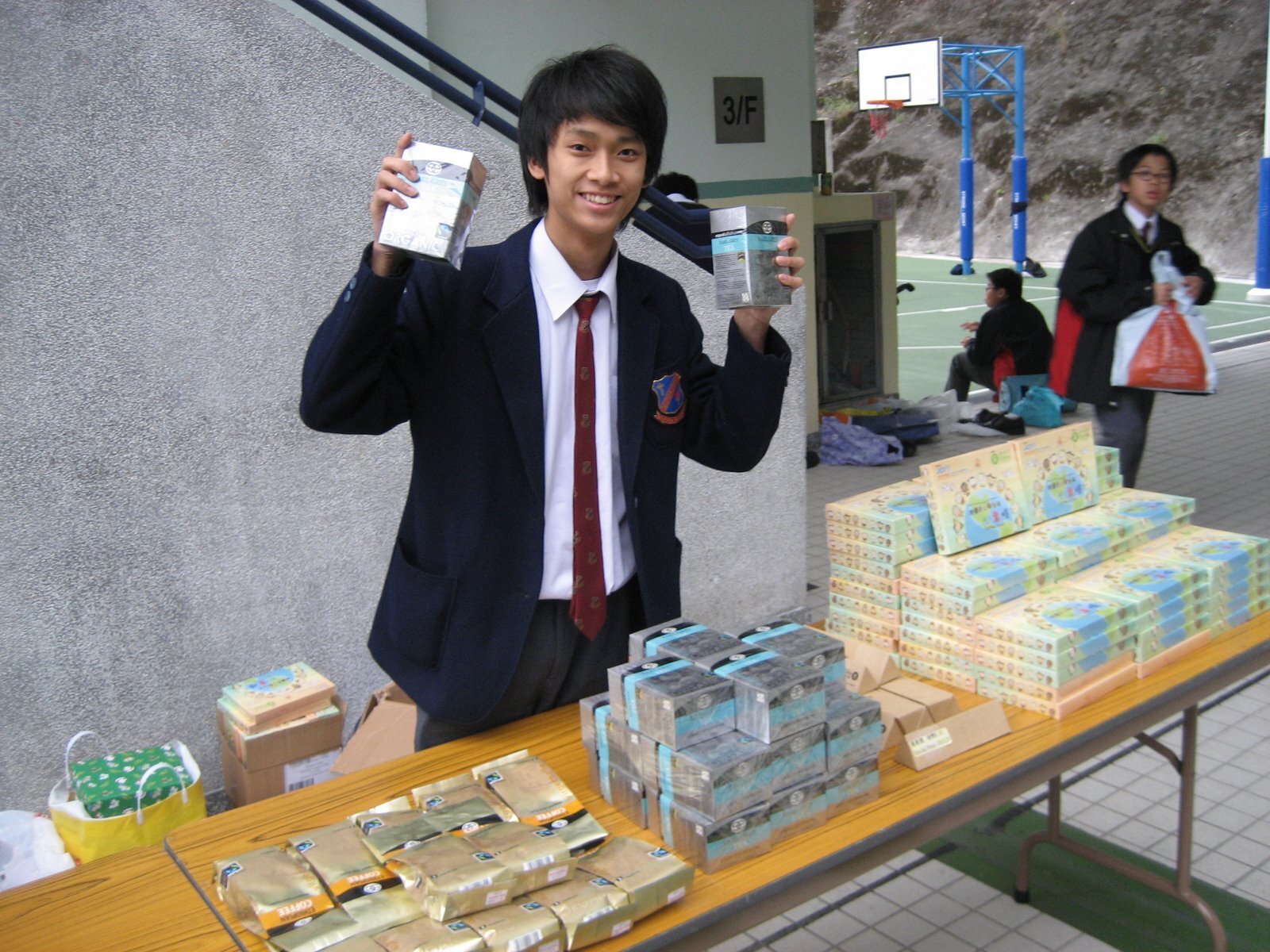 Organise a fundraising event for Oxfam Hong Kong
Organise a fundraising event for Oxfam Hong KongYou can help us to raise funds by organising events by yourself, your group, your school or your organisation. You may plan a walkathon, a Dress Casual Day, or fundraising sales, and name Oxfam Hong Kong as the beneficiary of your event.
More and more schools are organising various fundraising activities. Whether it is a fundraiser sale, sports competition or a large-scale concert, a lot of manpower and resources are used to organise these events. How can these organisational processes be made easier? For teachers and students who lack fundraising experience, are there any tips that can help you plan an event that is both attractive and hassle less.
This is a fundraising guide for schools. I hope schools/teachers/students can know:
1. 10 ideas for fundraising events
2. 10 simple steps for event preparation
We want to run a fundraising event, but… how should we start?
We hope you can find out from this that - it is not difficult at all to organise a fundraising event! By following the tips on this document, you will be able to do it! - Regardless of the scale of the activity, as long as you are willing, you will definitely be able to help the people around the world in need!
Activity suggestion 1: Huner Banquet Fundraising
Since 1990s, Oxfam America have been working with volunteers to create awareness of hunger and inequality with Hunger Banquet. Oxfam Hunger Banquets give students the opportunity to make a difference, both locally and globally. This interactive event brings statistics about poverty to life.
Oxfam welcomes school, students' societies and organizations to organize this fundraising event on their own to shed light on people living in poverty via this experiential learning event.
Schools can allow students to participate in fundraising activities at different levels:
| 1. Low Involvement | Students can be assigned with different roles and tasks Points to consider:
|
2. Moderate Involvement (..........................) | The teacher plans the main part of the activity and lets students take on some parts of the event. Points to consider:
|
3. High Involvement | Students plan and direct the entire hunger banquet activity, and teachers provide advice and support Points to consider:
|

